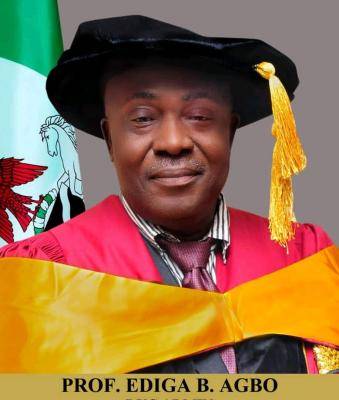80% of Southeast primary schools have no toilet facilities – Survey


In the Southeast, almost 80% of public primary schools do not have restrooms, per a survey conducted by the Centre for Social Awareness, Advocacy and Ethics (CSAAE).
In contrast to the Universal Basic Education Commission’s requirement that every primary school have at least two restrooms, the majority of the 1,387 public primary schools surveyed did not have running water or toilets.
According to the survey, the absence of these facilities encourages students to relieve themselves outside, putting them at risk for injuries like insect stings, snake bites, and sexual assault.
The report also emphasised how few textbooks and other educational resources are available, how few doctors and ambulances are present in primary health care facilities, and other issues.
The results of the survey highlight the need for better resources and infrastructure in the elementary schools and medical institutions in the area.
In an interview with reporters in Owerri, the capital of Imo State, CSAAE founder Rev. Fr. Dr. Godswin Agbagwa stated that the organisation trained 190 youths in 2021–2022 to implement the Local Government Good Governance Monitor (LGGM) project, which was started with the intention of advancing good governance at the local government level in the nation.
He expressed sadness that in all the states where the project was carried out, they performed poorly in the provision of toilets and running water.
According to Agbagwa, only 29.08 percent of Anambra State’s primary schools have access to a toilet and running water, and also 26.44 percent and 14.38 percent of primary schools in Imo and Abia, respectively.
He said: “Lack of toilets in our primary schools is a serious issue because the pupils are forced to go into the bush to empty bowels,” adding that they could be bitten by snakes, insects and other reptiles.
“They can also be raped; the girls can contract diseases that may affect their health in years to come.”










